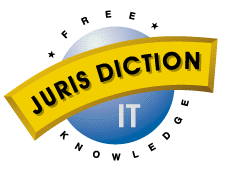 Term
Term
copyright 1997 Donald M. Cameron , Aird & Berlis
Contents
Automatic Termination
The licence grant will have a beginning (usually the signing date or effective date of the licence agreement) and an end (which occurs either automatically or through the default of the licensee).
Some licenses have no end; they are perpetual licences (the computer program itself has a commercial shelf-life making formal termination of the licence unnecessary. Its practicality will expire before its functionality).
Termination upon the Occurrence of an Event
During licensing negotiations, the licensor should consider what events will be of sufficient seriousness to terminate the licence. Such events may include:
failure to pay a royalty
breach of confidentiality provisions
Self-help actions are available to the licensor to automatically terminate the use of the computer program by the licensee. "Time-bombs" set to go off unless the timer is refreshed by the licensor could render the software non-useable. "Trap-doors" in the security surrounding the computer program might allow the licensor to shut off the computer program from remote access. Any licensee concerned with these possibilities should require the licensor to warrant in the license agreement that no such time-bombs or trap-doors are present in the software.
Some programs use a subroutine to check the date and location by asking the host computer and shuts off the software automatically if the date and location do not match a reference value.
Automatic Renewal
The licensor or licensee may wish to have the licence renewed automatically. The agreement could contemplate renewal on a particular anniversary at the option of the licensee or automatically unless one or other of the parties notifies the other prior to the expiry of the licence.
Return to:
Cameron's IT Law: Home Page; Index
Cameron's Canadian Patent & Trade Secrets Law: Home Page; Index